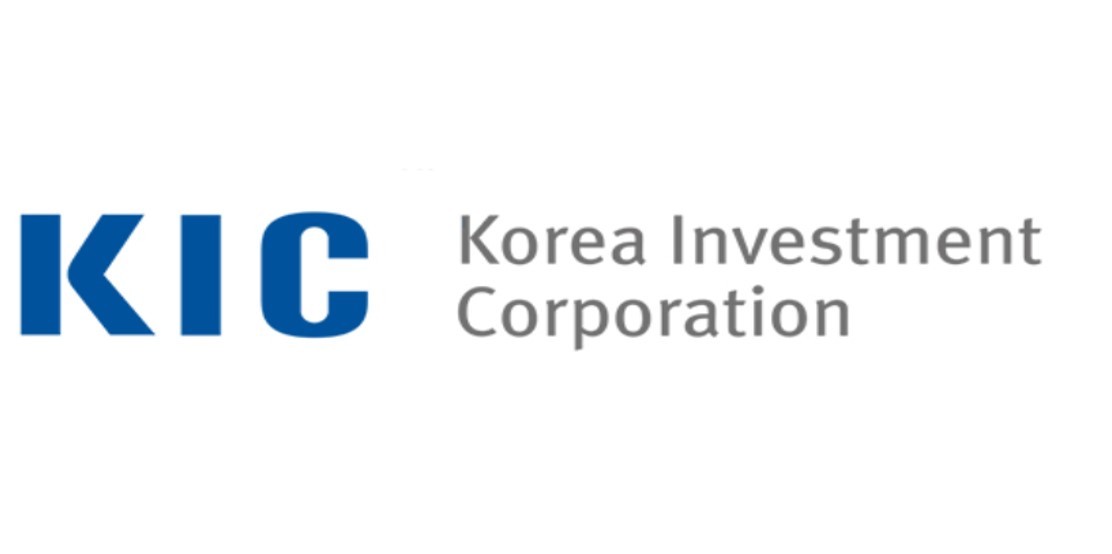KIC invests $412m in Japanese firms linked to war criminals
By Shin Ji-hyePublished : Aug. 9, 2019 - 16:33
State-run Korea Investment Corp. is found to have heavily invested in Japanese companies linked to forced wartime labor, according to sources, prompting concerns about the investment portfolio of domestic financial institutions.
It is the latest revelation after the release of the National Pension Service’s investment history last month.

According to Rep. Kim Kyung-hyub from the ruling Democratic Party on Friday, the KIC invested about $412 million -- as of last year -- in 46 Japanese companies, which are said to have helped war criminals during Japanese colonial rule between 1910 and 1945. The firms include Mitsubishi Heavy Industries Group, which is at the heart of the recent export curb controversy over the compensation of Korean victims of wartime forced labor.
The KIC has invested $3.4 billion in stocks of Japanese companies, which account for 7.4 percent of the firm’s total overseas stock investments, Kim said. Its investment in Japanese bonds also stands at around $6.9 billion, which is 14.4 percent of its total foreign bond investments.
Rep. Kim claimed the KIC Act must be revised to limit the nation’s investment in Japanese companies linked to war criminals.
“Although 7.5 million Koreans suffered from forced labor by Japan and the companies that supported it, the Japanese companies are now evading their responsibilities. Instead of chasing profits, Korea’s state-run financial institutions should set up principles of socially responsible investing,” Kim said.
The NPS invested some $4.73 billion between 2014 and 2018 in Japanese companies linked to Japan’s forced wartime labor, according to Rep. Kim Kwang-soo of the Democracy and Peace Party.
By Shin Ji-hye (shinjh@heraldcorp.com)
It is the latest revelation after the release of the National Pension Service’s investment history last month.

According to Rep. Kim Kyung-hyub from the ruling Democratic Party on Friday, the KIC invested about $412 million -- as of last year -- in 46 Japanese companies, which are said to have helped war criminals during Japanese colonial rule between 1910 and 1945. The firms include Mitsubishi Heavy Industries Group, which is at the heart of the recent export curb controversy over the compensation of Korean victims of wartime forced labor.
The KIC has invested $3.4 billion in stocks of Japanese companies, which account for 7.4 percent of the firm’s total overseas stock investments, Kim said. Its investment in Japanese bonds also stands at around $6.9 billion, which is 14.4 percent of its total foreign bond investments.
Rep. Kim claimed the KIC Act must be revised to limit the nation’s investment in Japanese companies linked to war criminals.
“Although 7.5 million Koreans suffered from forced labor by Japan and the companies that supported it, the Japanese companies are now evading their responsibilities. Instead of chasing profits, Korea’s state-run financial institutions should set up principles of socially responsible investing,” Kim said.
The NPS invested some $4.73 billion between 2014 and 2018 in Japanese companies linked to Japan’s forced wartime labor, according to Rep. Kim Kwang-soo of the Democracy and Peace Party.
By Shin Ji-hye (shinjh@heraldcorp.com)



















![[Today’s K-pop] Treasure to publish magazine for debut anniversary](http://res.heraldm.com/phpwas/restmb_idxmake.php?idx=642&simg=/content/image/2024/07/26/20240726050551_0.jpg&u=)